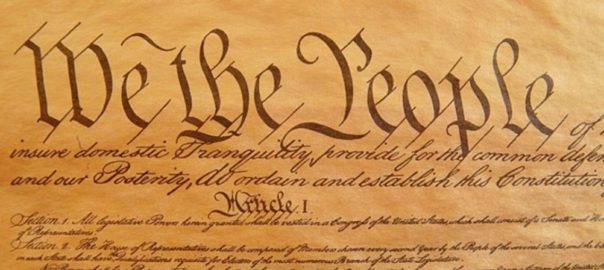
Five years ago, I posted these words on Facebook and other locales. All the same problems remain, for reasons enumerated last week. I share this again so we can see that the fight for virtue-based liberty is never done. I want for all others the freedoms I desire for myself. Here is the essay:
Dear California legislators,
In your zeal to condemn conversion therapy and ban resources that suggest LGBTQ+ folks could be led toward “hetero-normative” identity (AB2943), you are creating a less tolerant world. I think many of you mean well, but there are some future consequences if your ideology wins:
Will you ban resources and speech from Muslim communities that welcome converts and encourage traditional roles?
Will you condemn conservative and orthodox Jews for their teachings?
Will you reject other cultural and religious groups that do not share your fluid views on gender?
Oh, one more thing…if one’s identity is chosen and fluid, what can’t someone decide (without coercion) to be straight after a season of gay or bi identity?
Toleration does not mean agreement. I do not want a return to any prior eras and I will defend liberty of conscience/religion, lifestyle and speech for those I disagree with. It is easy to attack the religious traditions that birthed the liberties we enjoy.
It is more virtuous to keep the public square open for real debate and learn living with our deepest differences with civility and respect. Building a future of friendship and cooperation across cultures and ideologies requires love and patience, humility and openness.
Let’s choose full inclusion instead of creating new echo chambers.




